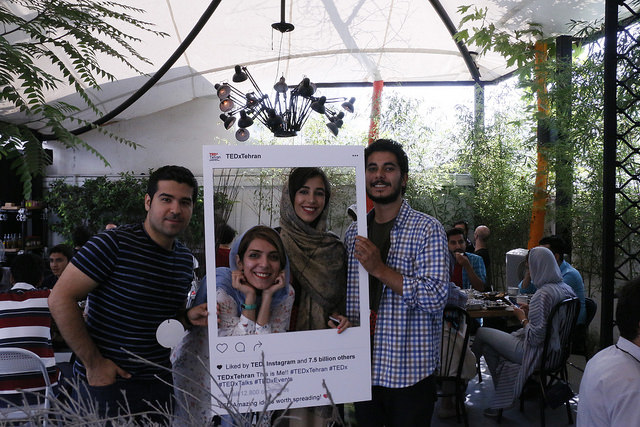Strategic Assessment
The political and social processes underway in Iran in recent decades, as well as the events of the so-called Arab Spring, have aroused growing interest in the expanding Iranian middle class and its potential for leading social protest and future political change. The central role played by the middle class in the 2009 disturbances and in the election of Hassan Rouhani to the presidency reflected the sector’s growing dissatisfaction with the socioeconomic and political situation. The relatively large middle class in Iran, its role in previous popular protest movements, and its demands for economic and social improvements cast it as a possible agent of change. At the same time, there is a tendency to ignore the elements and constraints among the middle class that weaken its potential in leading processes of change. These elements include the heterogeneity of the sector, the economic dependence on the government, and the growing trends toward individualism and depoliticization. Iran’s middle class will likely play a central role in any scenario of domestic political change, but its full potential to achieve significant change depends on its ability to overcome its weaknesses and join forces with other social groups.



